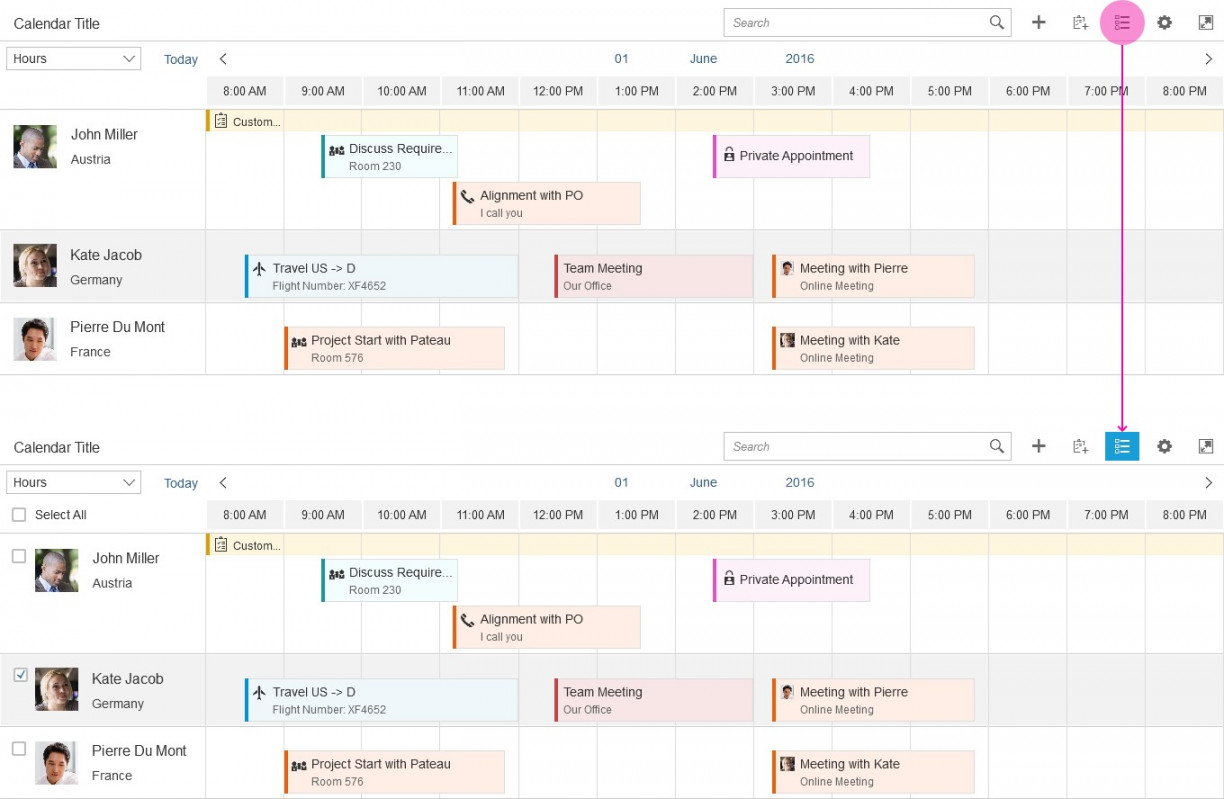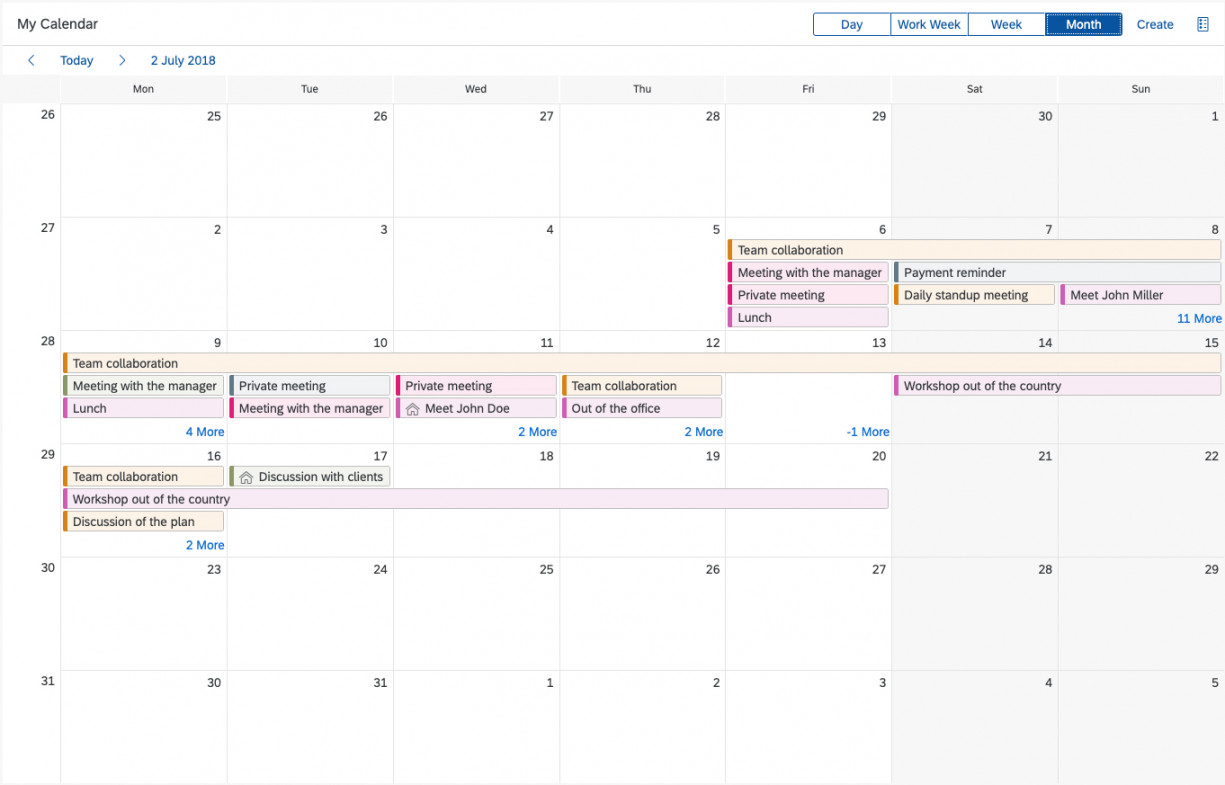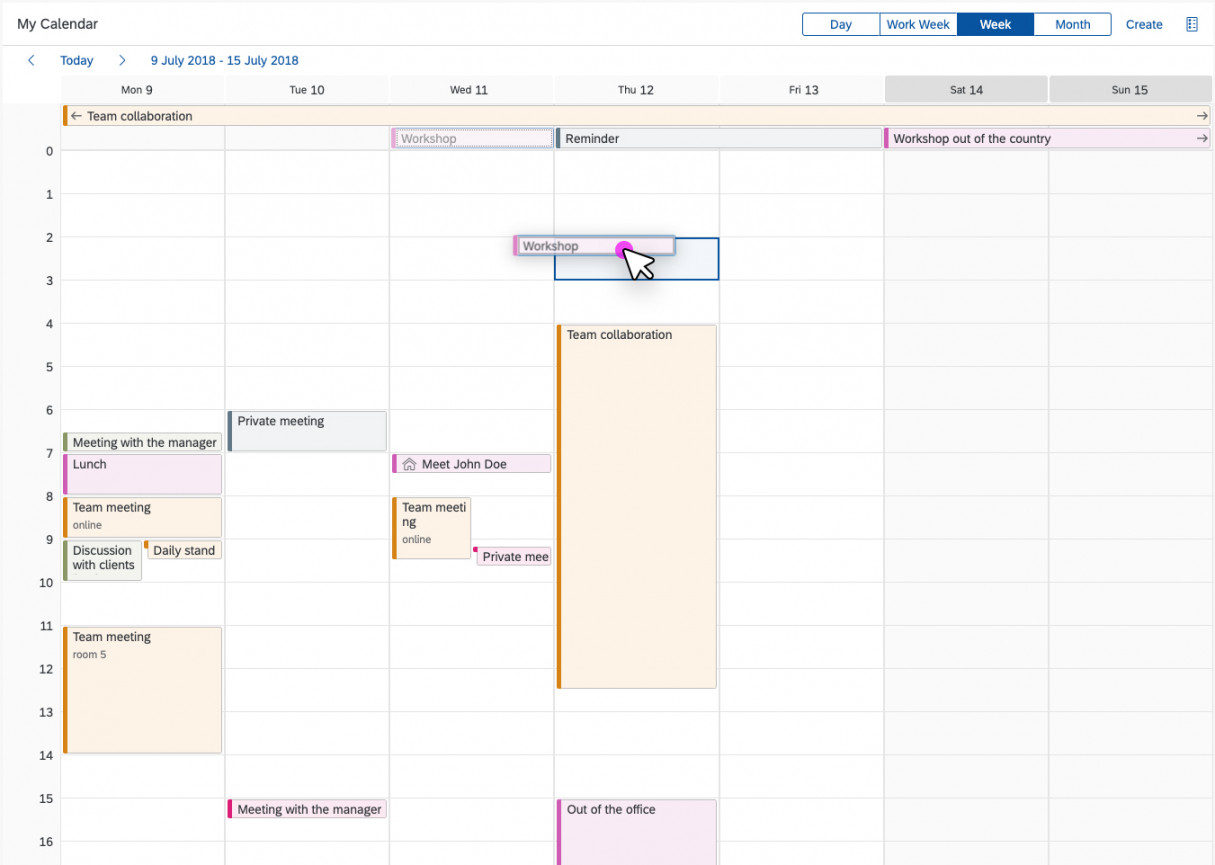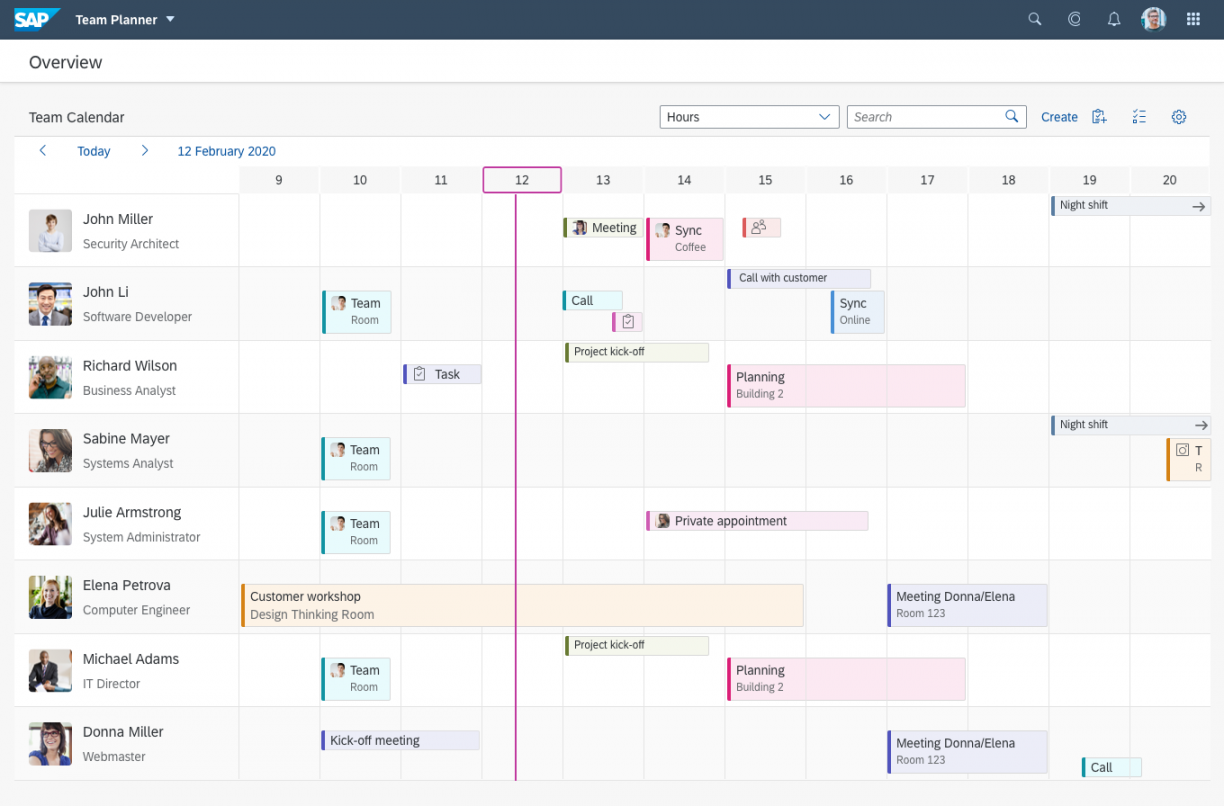SAP prepares to add Joule generative AI copilot across its apps
By year-end, users of a couple of SAP applications should have the option to ask generative AI copilot, Joule, to help with their work — and the company plans to roll the feature out across all its applications one by one in the years to come.

Clicking on a dedicated button in compatible SAP applications will open up the Joule interface, which will then accept input in a variety of ways. Users can type their request in natural language, click on buttons for suggested actions, or enter dates from a calendar picker. Joule will respond accordingly with text, graphics, and tables drawn from SAP or external data sources, or with links to other applications and workflows.
Access to the Joule interface will be included in existing SAP software license agreements, but the generative AI use cases that Joule calls on will be priced based on their business value, SAP chief marketing and solutions officer Julia White said.

SUBSCRIBE TO OUR NEWSLETTER
From our editors straight to your inbox

Get started by entering your email address below.
While SAP is opening up its AI assistant to the wider internet, it’s taking care to protect customers’ data. No customer data will be used to train external foundational AI models, said Bharat Sandhu, the company’s SVP for AI and application development platform. The company will host its own large language models (LLMs) in its own data centers where possible, and any data sent out to external LLMs for processing will be masked or anonymized, he said.

Other major enterprise software vendors have made similar generative AI announcements this month, with varying degrees of precision and precipitation in their timelines.
Salesforce went first, saying it will add a conversational AI assistant, Einstein Copilot, to the right-hand rail of all of its apps. It will conduct pilot trials with a limited number of customers before year-end, but has not said when the assistant will become generally available.


